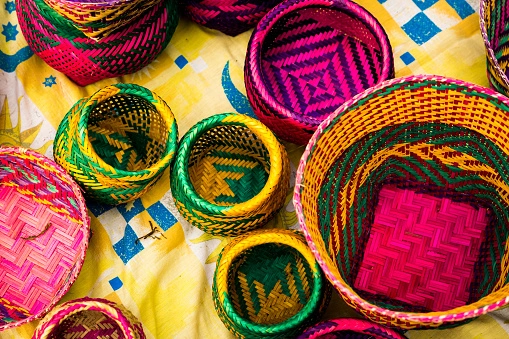Yesterday, Brazil launched a new certification mark verifying the ethnic and territorial origins of products from indigenous communities.
The Official Journal of the Union has published a decree outlining this initiative. The Ministry of Agrarian Development and Family Agriculture explains the mark’s use.
It uses indigenous raw materials for individual producers, groups, cooperatives, and companies. These users must have the local community’s approval.
Applicants must identify their indigenous region, tribe, and ethnicity. They also need to list the producers involved.
Along with this, they must show respect for environmental and indigenous laws. This respect is demonstrated in a documented meeting.
The application goes to the National Foundation of Indigenous Peoples FUNAI. This body handles indigenous-related matters for the government.

The certification is valid for five years. Renewal is possible six months before expiry with the same documentation.
The mark covers extractive and artisanal products, too. However, these products must follow current laws.
The government sees this mark as recognizing the importance of indigenous peoples. It promotes sustainable shopping, boosts income, and aids regional growth.
This initiative bridges cultural respect with economic development, strengthening indigenous communities’ roles in Brazil’s economy.
Background
Brazil’s new certification for indigenous products aims to preserve and recognize indigenous cultural heritage while also providing economic benefits to indigenous communities.
This mark assures consumers of product authenticity and adherence to environmental standards, aligning with global sustainable consumerism trends.
Similar initiatives exist globally, such as in Australia and Canada, where efforts focus on authentic marketing of indigenous products to support local economies and cultural integrity.
Brazil’s certification is part of a worldwide effort to respect cultural heritage while promoting economic development and sustainability.

